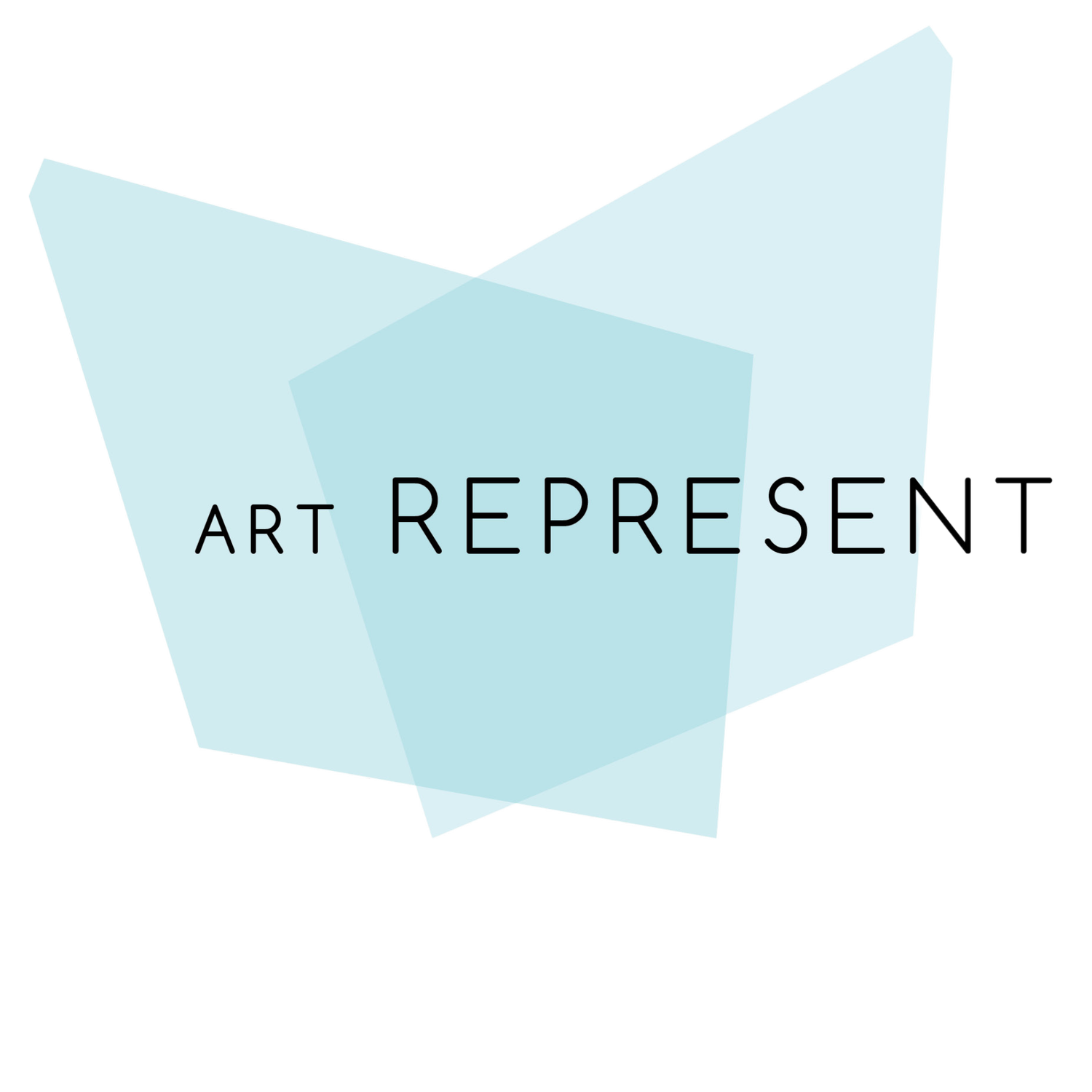I want to introduce this month's topic on Migration with a personal story. I was one of the lucky ones when my mother brought me to London from Tibet. When we stood at the airport in a questioning room alongside asylum seekers who were escaping outright civil war and violent persecution, our fortune became even clearer.
Back home in Tibet, I went to school everyday, sang the patriotic songs, and memorised passages about martyrdom. It didn't bother me that we were not allowed to read certain books or talk about certain topics. It was of course a little bit odd when people sometimes "disappeared" but we didn't much feel the need to question it. Most nights, the electricity would shut down and we'd have to do our homework by candlelight, but candlelit nights brought excitement too; sometimes my uncle would come by and tell stories about ghosts and gods. I didn't understand why I left my home and squeezed into a small room with my mum and dad in a city where I couldn't speak.
But now I know I was one of the lucky ones. I got out and saw the world, and I have the chance to make my dreams come true. I am grateful everyday for my past. But as I grow older, I am also pained by the scattered nature of a migrant family, the political situation has worsened in Tibet and it has become harder and harder to visit my loved ones.
My story is not unique, but it is a happy story. There are millions of stories of real people that start with war and end with hardship, or death. There are currently people around the world, stranded at borders, displaced from their homes and struggling to find a better alternative. So many of our artists are also fighting to relocate from one country to another, hoping to secure a better future for themselves and their children. This month, we want to put the spotlight on a number of amazing artists who are currently displaced from their homes, but who continue to create and imagine through their work.
As Abdulnasser Gharem recently stated at the Art Newspaper's discussion on "what is art for?", art “gives us access to the unconscious mind of the nation”.


